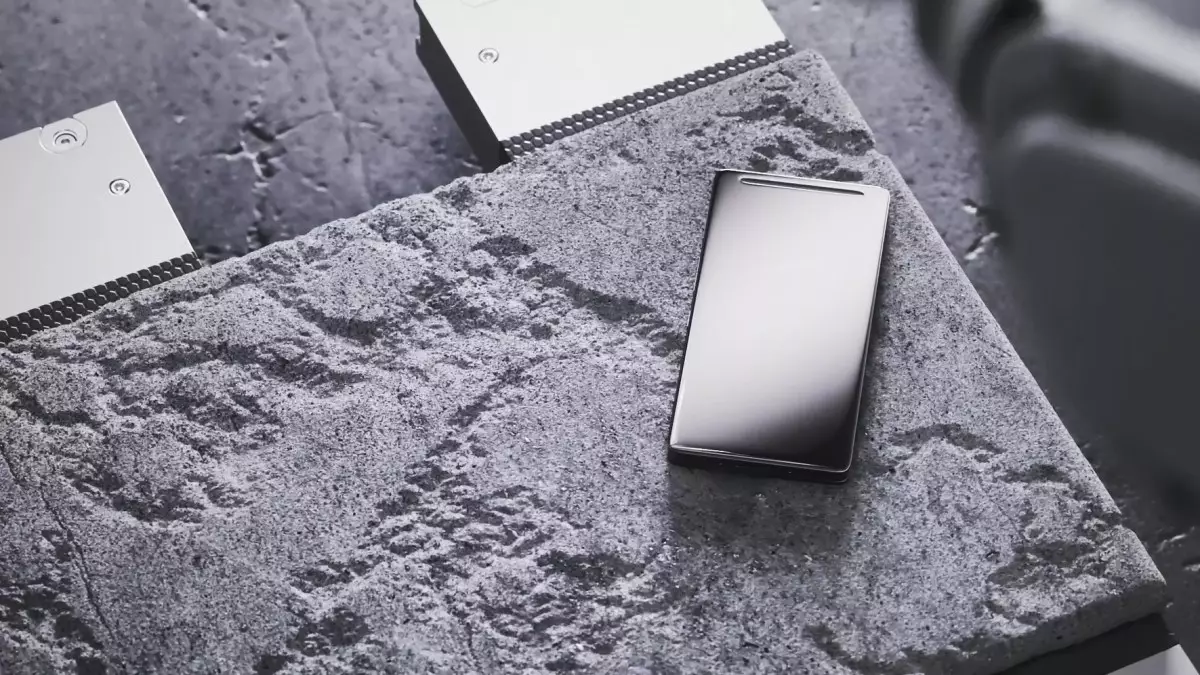In an increasingly competitive global market, the enforcement of competition law has never been more vital. Recently, the European Union (EU) opened an investigation into Corning, a prominent manufacturer known for its innovative Gorilla Glass used in various consumer electronics, including flagship products like the Apple iPhone. The EU’s concerns center around alleged exclusive dealing practices that could potentially inhibit fair competition in the market. This move underscores the EU’s commitment to maintaining a competitive ecosystem, ensuring no single player can monopolize significant segments of the market.
Corning’s position as a supplier for leading electronics brands places it under intense scrutiny, especially with the ramifications of being found in violation of competition laws. Legal breaches could lead to severe penalties, equating to up to 10% of the company’s global annual turnover. Faced with the possibility of major sanctions, Corning has taken proactive steps to propose significant changes to its existing contractual clauses.
To alleviate concerns surrounding its business practices, Corning has suggested a comprehensive set of commitments aimed at reshaping its contractual relationships with both original equipment manufacturers (OEMs) and finishers. This is an attempt not only to settle current issues but also to prevent future scrutiny. One of the key aspects of Corning’s proposal includes the complete waiver of exclusivity clauses in all its agreements related to Alkali-aluminosilicate glass (Alkali-AS Glass), a material critical in the production of display screens for mobile devices.
This change would foster a more competitive environment by allowing OEMs the flexibility to source glass from alternative suppliers, mitigating risks of dependency on Corning. Furthermore, the company has vowed not to condition any price advantages on the purchase of specific quantities of their glass, a move that could enhance price competitiveness within the market.
The proposal indicates Corning’s intention to allow OEMs not to be bound to sourcing any particular volume of Alkali-AS Glass from Corning for devices intended for sale in the European Economic Area (EEA). This is a significant shift in strategy that aligns Corning more closely with fair trade practices expected by the EU.
If accepted, Corning’s commitments would not only apply within the European market but also extend globally for a duration of nine years. The enforcement of these commitments will be overseen by a trustee designated to report directly to the European Commission. This aspect demonstrates a rigorous monitoring mechanism is in place to ensure compliance, an essential factor in upholding the integrity of such agreements.
Moreover, Corning’s stance appears to benefit third-party organizations involved in the processing of raw glass. The willingness to exclude requirements limiting how much of their combined glass demands finishers need to purchase from Corning signifies a notable pivot towards fostering open competition and allowing finishers the autonomy to decide on their procurement strategies.
Addressing Patent Enforcement Practices
Interestingly, Corning has also addressed concerns regarding its enforcement of patents pertaining to break-resistant cover glass. As part of their proposal, the company has committed to basing any patent-related claims solely on infringement allegations, eschewing breach of contract assertions. Additionally, the company has pledged to refrain from using contractual penalties to reinforce patent claims, further emphasizing a shift towards more reasonable and fair practices.
Furthermore, in a bid to enhance communication and transparency, Corning plans to engage with device makers and finishers to clearly articulate the changes in its business terms. This includes offering explanations in multiple languages, including English and Mandarin Chinese, to ensure that its vast customer base comprehends the implications of this transformative period.
Corning’s proactive adjustments come in response to significant competitive scrutiny from the EU, illustrating the broader implications of competition laws on global business practices. These proposed changes not only curb potential monopolistic tendencies but also promote a healthier, more competitive environment that ultimately benefits consumers with more choices and potentially lower prices. As the EU solicits feedback on Corning’s commitments, the outcome will play a pivotal role in shaping the future dynamics of the glass supply industry, with numerous stakeholders keenly observing the developments ahead.

